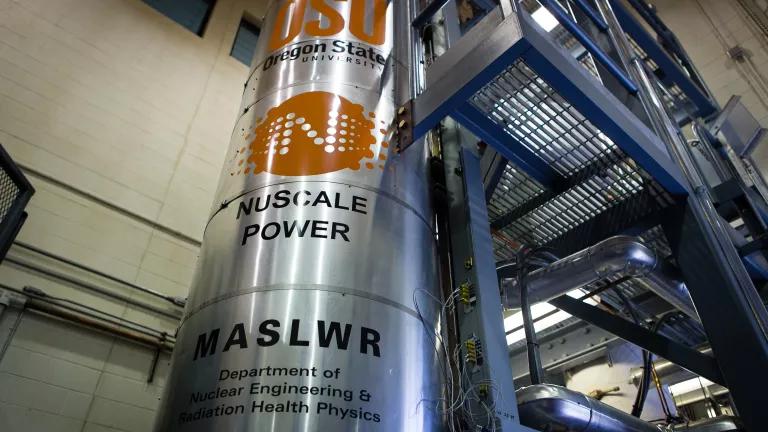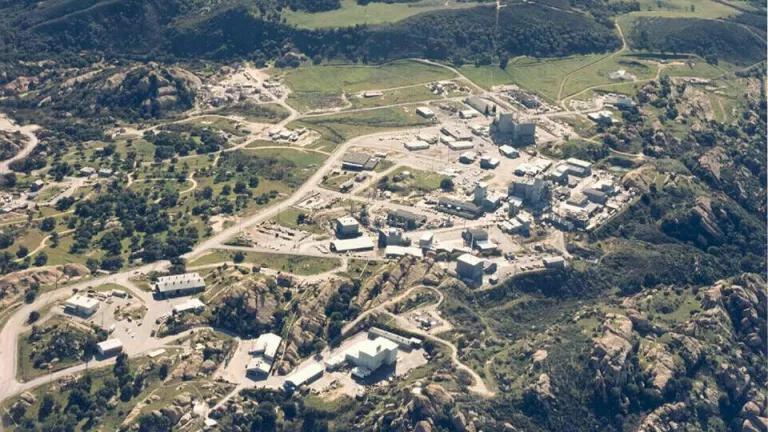
Leah Nash/The New York Times/Redux
To limit global warming to 1.5 degrees Celsius, the United States must rapidly transition from a fossil fuel–powered electrical grid to one based primarily on renewable energy and storage. Proponents of nuclear energy are now touting small modular reactors (SMRs) as safer, cleaner, and significantly cheaper to build and operate than present-day reactors. However, arguments in favor of SMRs still leave many questions unanswered and lack data from real-world experience with this technology.
To the extent that utilities’ decarbonization plans and state and federal climate policies involve SMRs, environmental progress to meet the demands of the climate crisis would need to rely on untested technology that raises technical, economic, environmental, and public health concerns. For SMRs to play any role in the future, the technology must address concerns around cost, environmental radiation, nuclear waste, and nuclear weapons proliferation. Absent meeting these challenges, the technology is unlikely to succeed.
Related Resources




